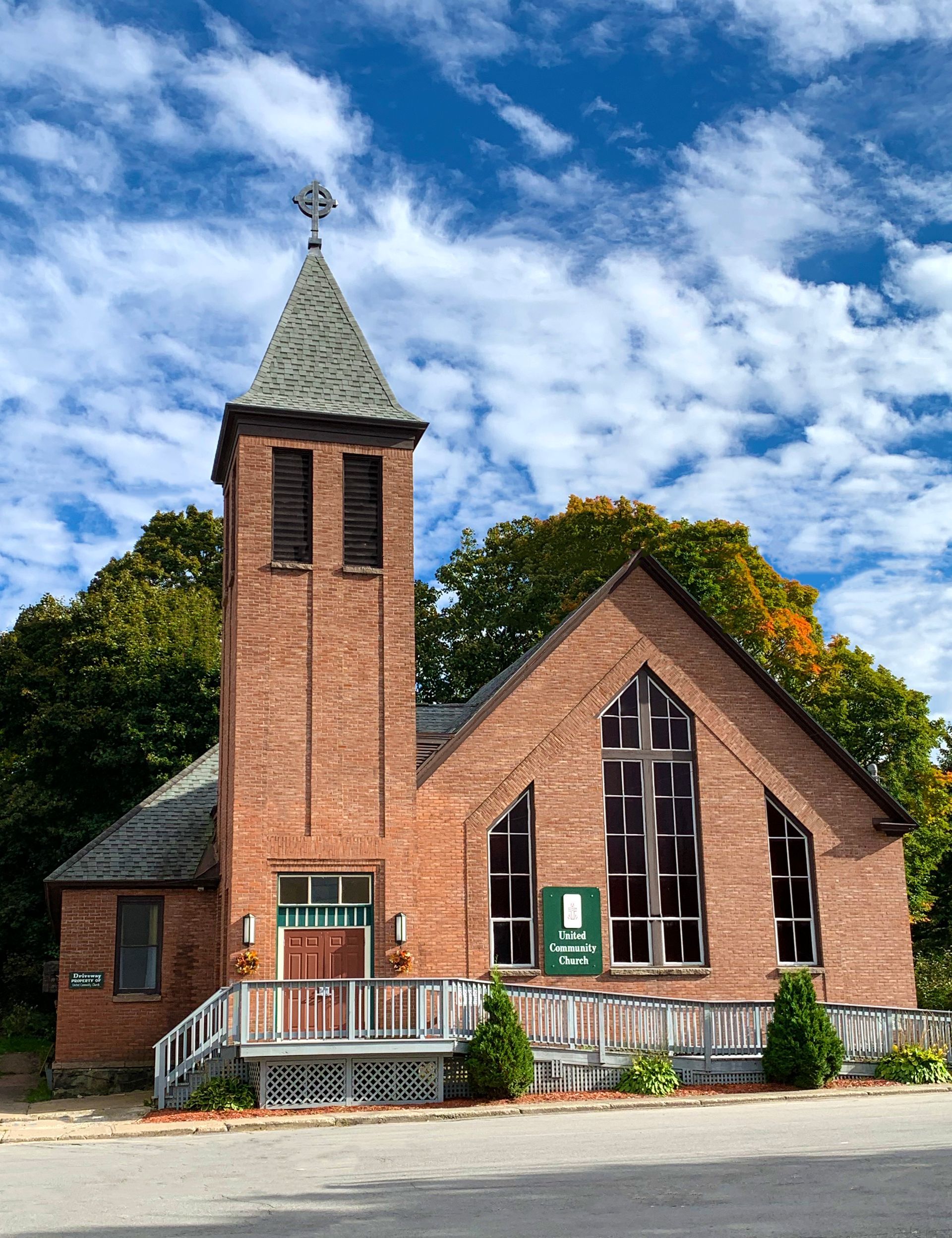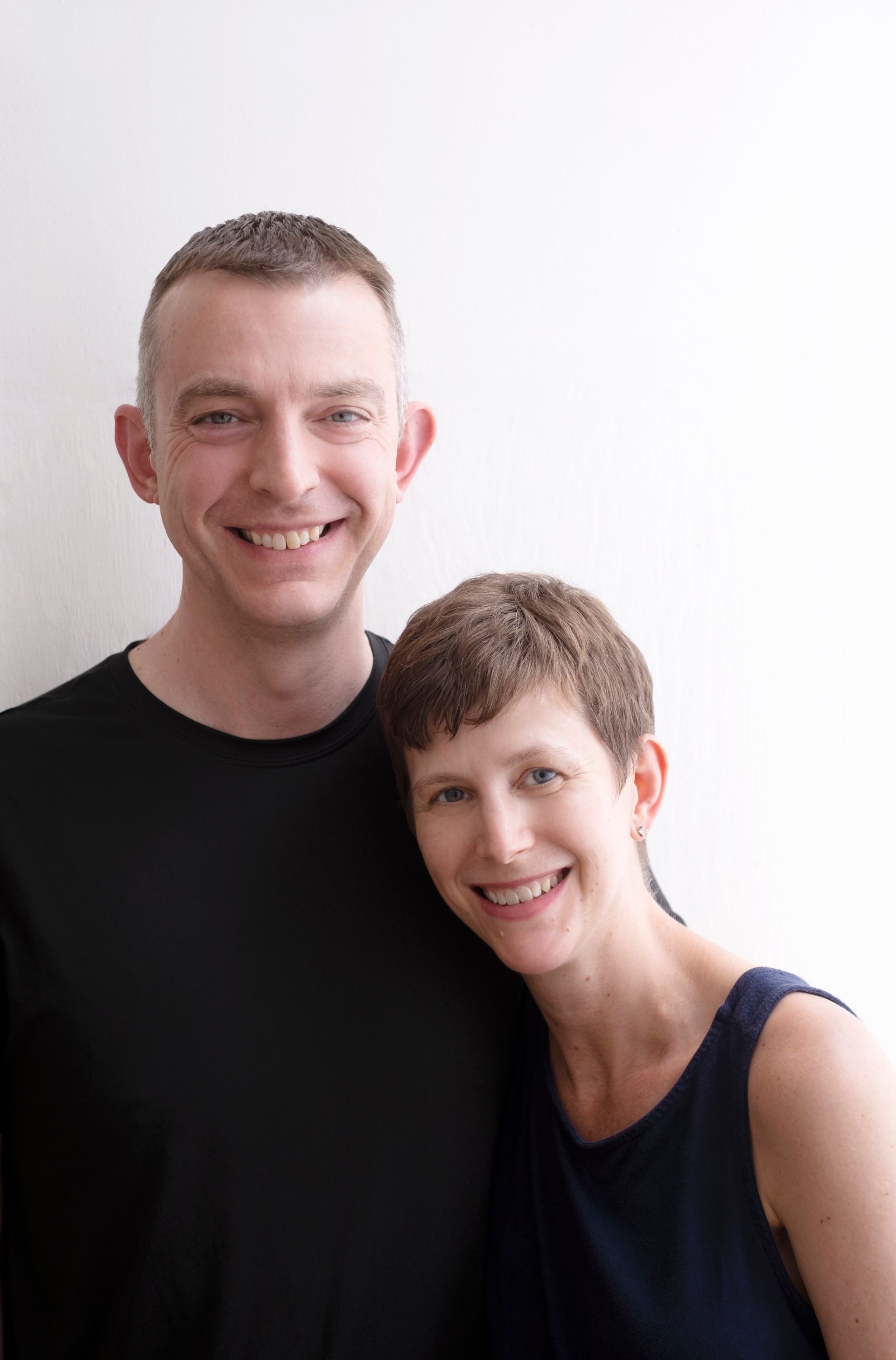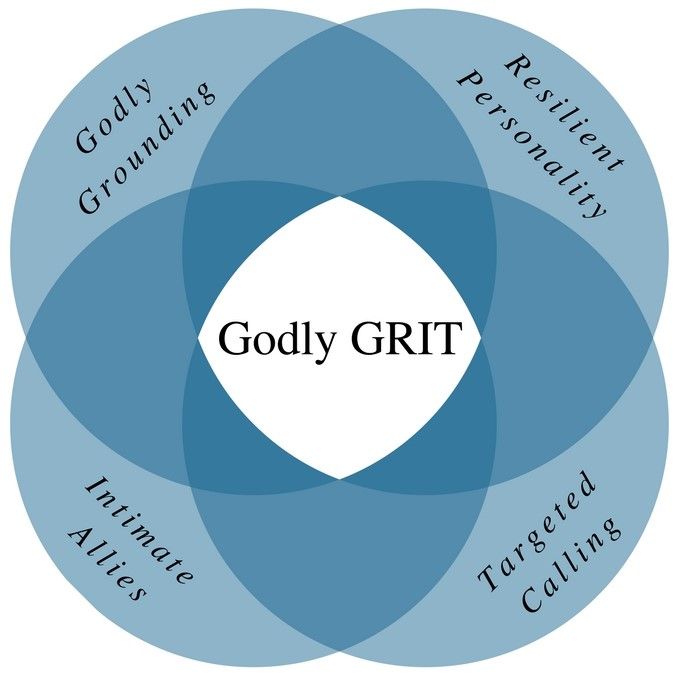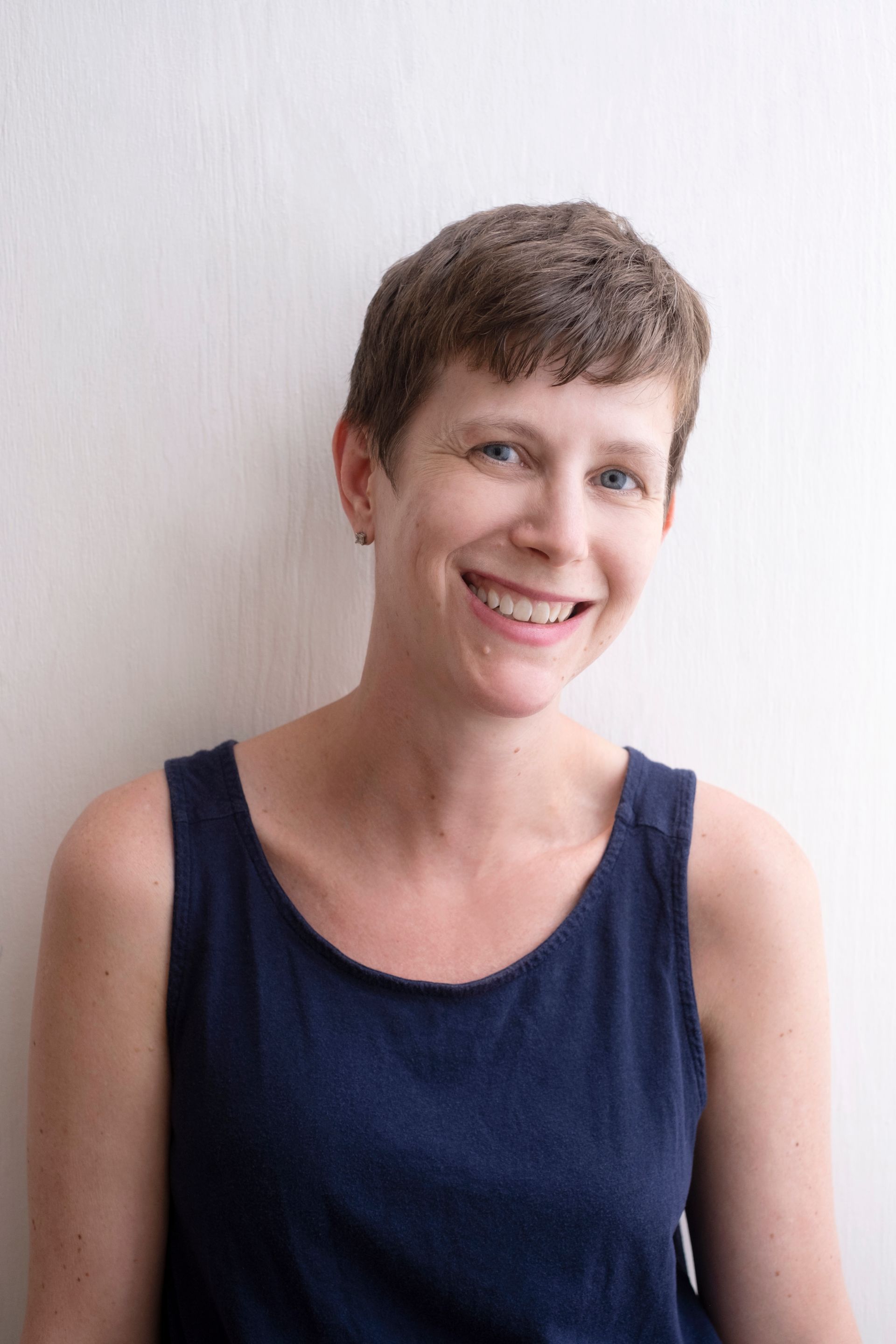who we are
Colin and Lisa are honored to follow God’s calling in the adirondack mountains of northern New York State.
They work across denominations to build up the whole church across this region and fulfill the vision of “Relationship-based communities of Christ-followers who love God, love others, and make disciples of Jesus across every corner of the Adirondack Mountain region.”
Their goal is to strengthen area churches and ministries by strengthening their leaders – encouraging, equipping, and empowering pastors, leaders, and their families. As they work with area leaders, they are also working to expand God’s rule and reign across the region by bringing together the whole church of the Adirondacks: to advance God’s Kingdom, together as one Body of Christ united around a common mission. Together, Colin and Lisa are pursuing a pure and simple devotion to Christ.
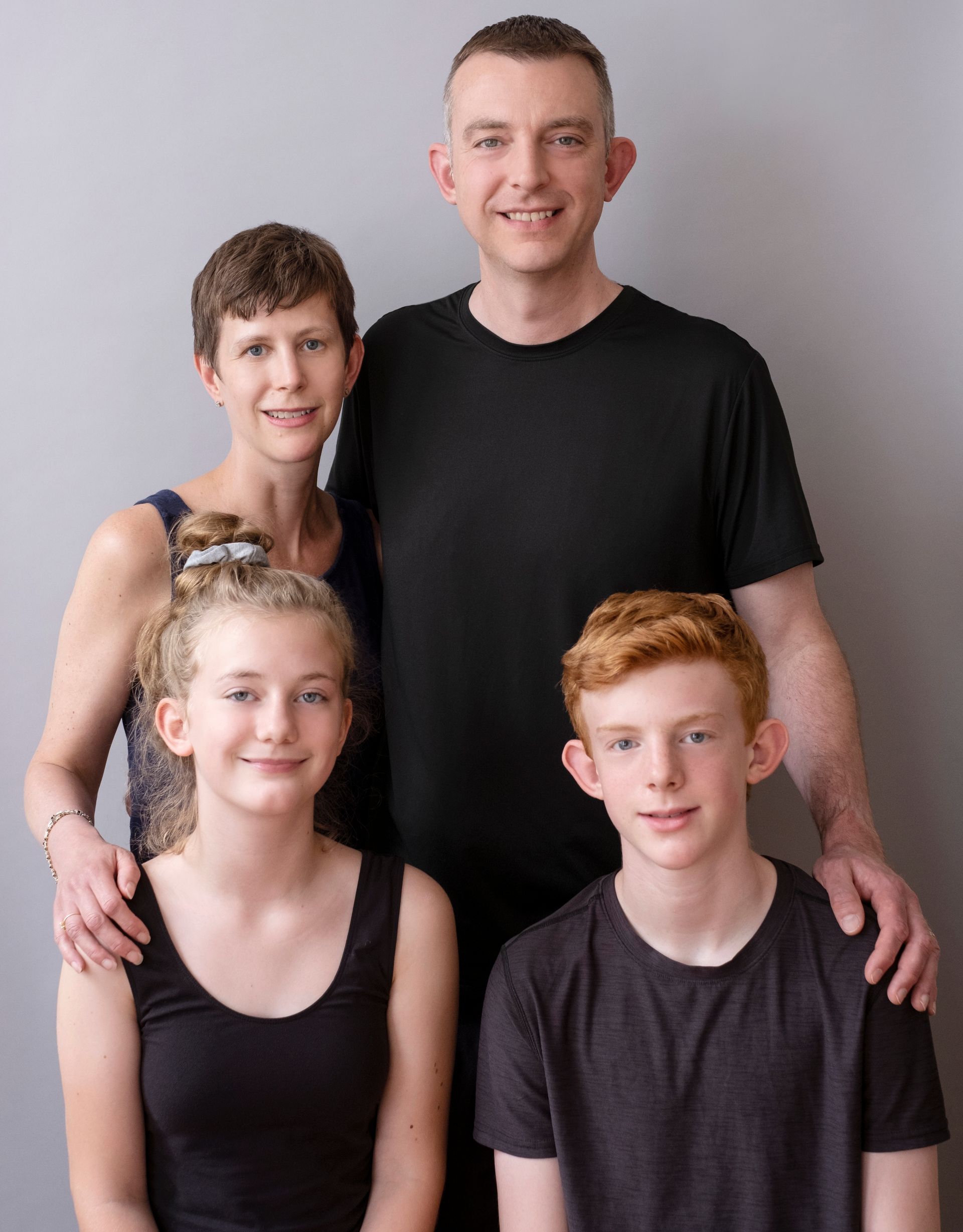
About colin and lisa
Colin Tuggle
Lisa Tuggle
ministry philosophy
As the director of ADK Mission, what is Colin’s philosophy of ministry? Here it is in his own words.
our story
The Early Years
Colin was born and raised in the Hudson River Valley of southeastern New York State, and his family has owned property in the Adirondacks for nearly 60 years. Very soon after Colin’s parents were married, they purchased some land just west of Tupper Lake – the first piece of property they ever bought. Colin was just a newborn baby the first time he came along for a visit, when his parents used a dresser drawer as his makeshift crib. After all, the cabin only had 225 square feet of living space. There was no room to spare!
The region quickly became a home away from home in the summer months, all throughout his childhood. It wasn’t unusual to spend an entire summer in the Adirondacks. There was always a trail that needed to be explored, or a fish that needed to be caught. And the cabin may have been small, but it always needed maintenance each summer.
Lisa was born and raised in Southeastern Pennsylvania, about 30 minutes north of Philadelphia. Her parents lived in the same house for more than 50 years. Colin and Lisa met while he was at the Naval Academy in Annapolis, Maryland, and she was studying at York College, located in Central Pennsylvania. They dated for about three years – all at a distance. Until they were married, Colin and Lisa never lived closer than 90 miles from each other. But their relationship was meant to be, so they made it work.
Lisa first ventured to the Adirondacks in 1994, when she went to a conference with her family in Schroon Lake. A few years later, Colin and Lisa enjoyed their honeymoon in his parent’s cabin; with no road access or running water, she was a real trooper!
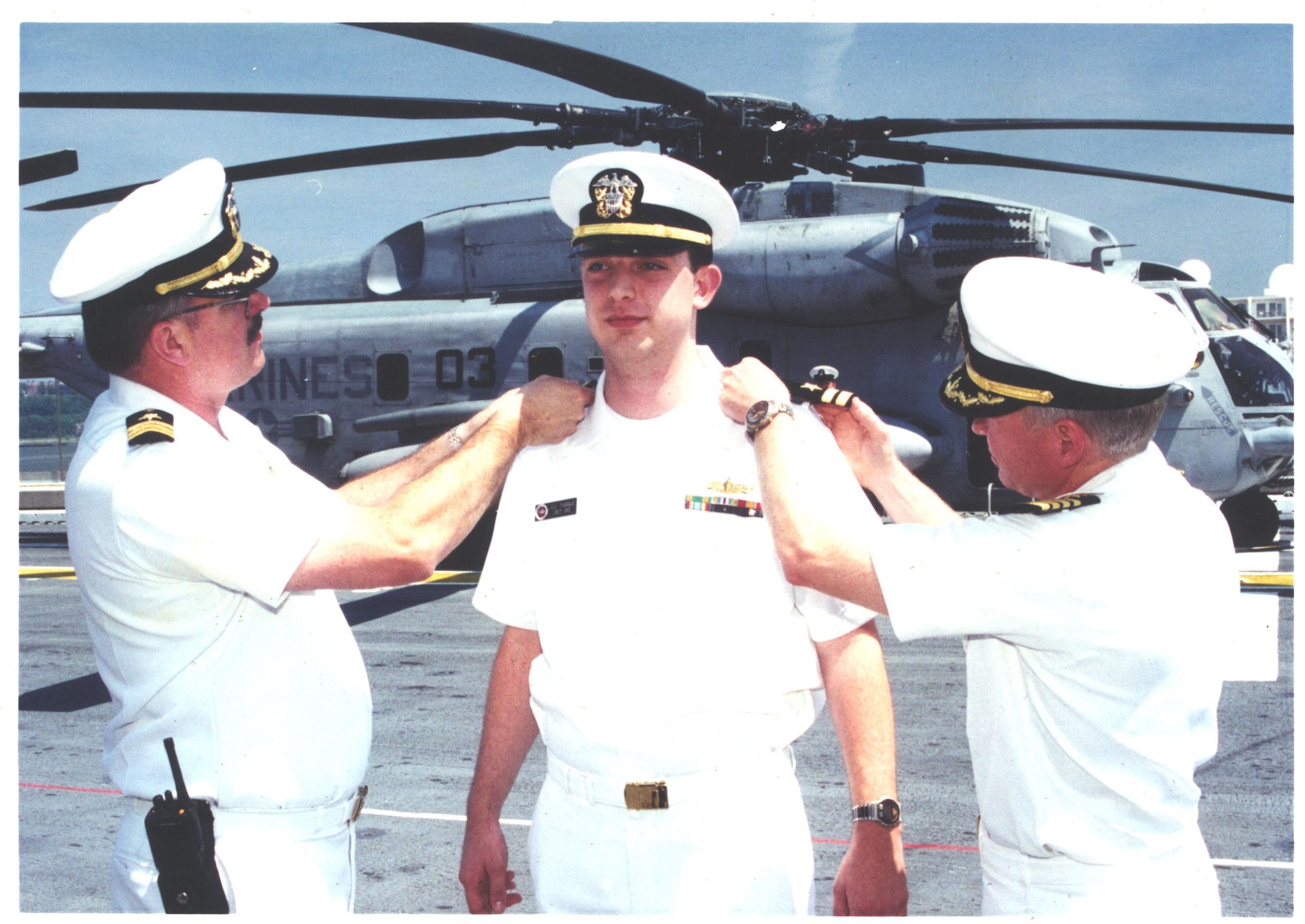
Jesus Breaks Through
Lisa’s father has been in full-time vocational ministry since he graduated college, serving as a Christian counselor and missionary to international students attending Temple University. The family had a deep Christian faith, and Lisa remembers deciding to follow Jesus when she was just five years old.
Colin, on the other hand, was a little slower to bloom. Although he grew up actively involved in church, it never stuck, and he drifted away. But once he started dating Lisa, he immediately noticed there was something different about her family’s faith: it was far less religious than what he had experienced, with the emphasis put more on an actual lifestyle of walking with God rather than weekly rituals. The music was meaningful and inspiring at their church services. And the people actually opened their Bibles! Colin owned a Bible or two but didn’t know what to do with them. What a new experience! He devoured stacks of books, listened to teachings, and talked with a variety of people as he uncovered this entirely new part of his world.
His eyes were being opened to the true reality behind everything he could see, feel, taste, and touch. At some points, he even felt angry: at a world that had deceived him for so long, and at himself for believing the lie that there was no God. On April 1, 1995, he compared his own shallow life to the faith-filled, purpose-driven lives of a few key people around him. And that day—while “studying” alone in the depths of the Naval Academy’s library—Colin decided he wanted Jesus to be the purpose of his life and surrendered himself to God’s plans and purposes.
He’s never looked back . . . and what a ride! Almost immediately, he was quickly thrust into ministry leadership roles, ranging from serving as a shipboard chaplain and chairman of a faith-based nonprofit organization to leading men’s and co-ed small groups. He learned early on that he didn’t need to be an expert to serve in ministry, since we can all learn far more from following Jesus with one another. He also came to realize – from the Scriptures and from his own personal experience – that God doesn’t call only those who are already equipped; he equips those he calls.
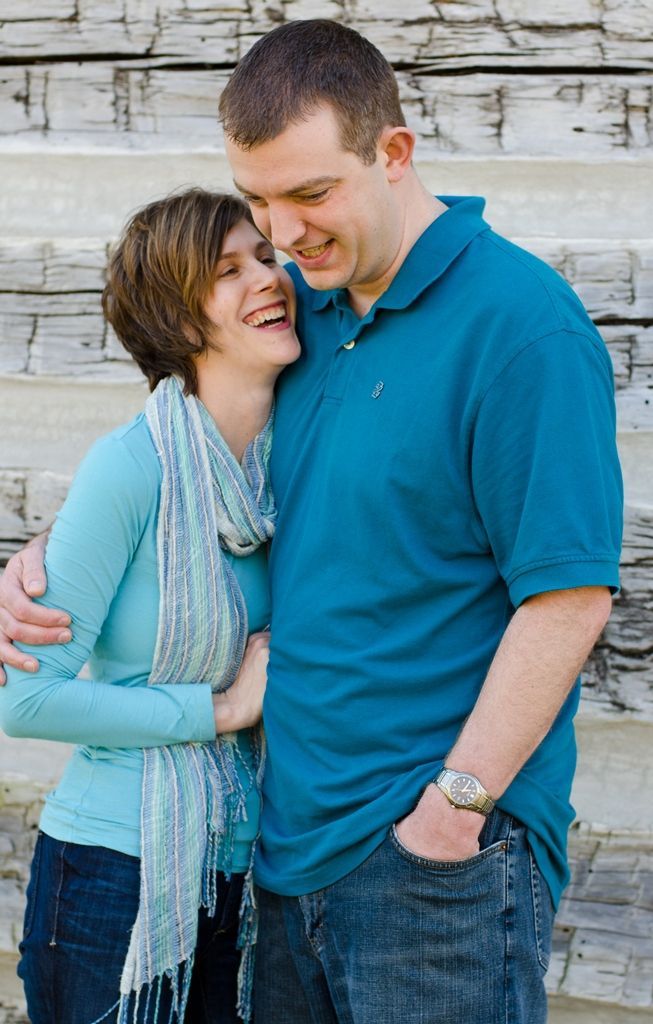
It was the best of times . . . It was the worst of times.
A few years after they were married, Colin left the Navy and moved with Lisa to Columbus, Ohio. He relocated for a job, and immediately started in the first of a series of leadership roles in a few small, entrepreneurial businesses. None ever blossomed into the profitable ventures many had hoped for, but he deeply values the people and lessons learned from that season.
In 2005, Colin sensed a calling into full-time vocational ministry and started his studies at the Vineyard Leadership Institute (VLI). This intense Biblical studies program allowed him to continue working full-time, while also pursuing his studies: a program that intentionally keeps you involved in your current ministry to integrate hands-on training, ministry experience, and academic coursework with an uncompromising commitment to excellence in Biblical, theological, and ministerial training.
But just as Colin was getting ready to start the VLI program, their world was rocked: a few days after Lisa’s 30th birthday—in October 2005—Lisa was suddenly diagnosed with aggressive Stage III breast cancer and given less than a 50% chance of survival. The average tumor is the size of a walnut, but hers was the size of a lemon and still growing rapidly. Their friends and family immediately began praying while the doctors launched an aggressive treatments of chemotherapy, surgery, and radiation. One of the most difficult parts was being told that the chemo would prevent Lisa from ever getting pregnant (since the same chemo drugs that kill the cancer cells also kill reproductive cells). The tumor was growing so rapidly that they couldn’t wait long enough to harvest eggs. The only hope they had was that their prayers to protect her body would someday be answered.
Even at the height of chemo, Lisa maintained an incredible depth of peace and faith – no matter how bad things got. After her surgery, they received amazing news: when they did the pathology testing, the results came back that she was now fully healed – 100% cancer-free! Not even one single cancer cell was found in the tissue or any of the 12 surrounding lymph nodes!!! Truly a miracle. And the miracle continued, when their son, Caleb, was born a couple of years later – soon to be followed by their daughter, Grace. Colin and Lisa are still incredibly thankful for all the love, support, and prayers their friends and family provided during that challenging season of their lives.
Despite these challenges, Colin began serving in full-time vocational ministry with two pastoral roles at churches in Central Ohio that each had around 800 people. In both, he filled the position of executive pastor, a role that combines basic pastoral functions such as preaching, officiating weddings and funerals, pastoral counseling, and leadership development with the administrative aspects of running a church (finance, facilities, administration, personnel, logistics, and planning).
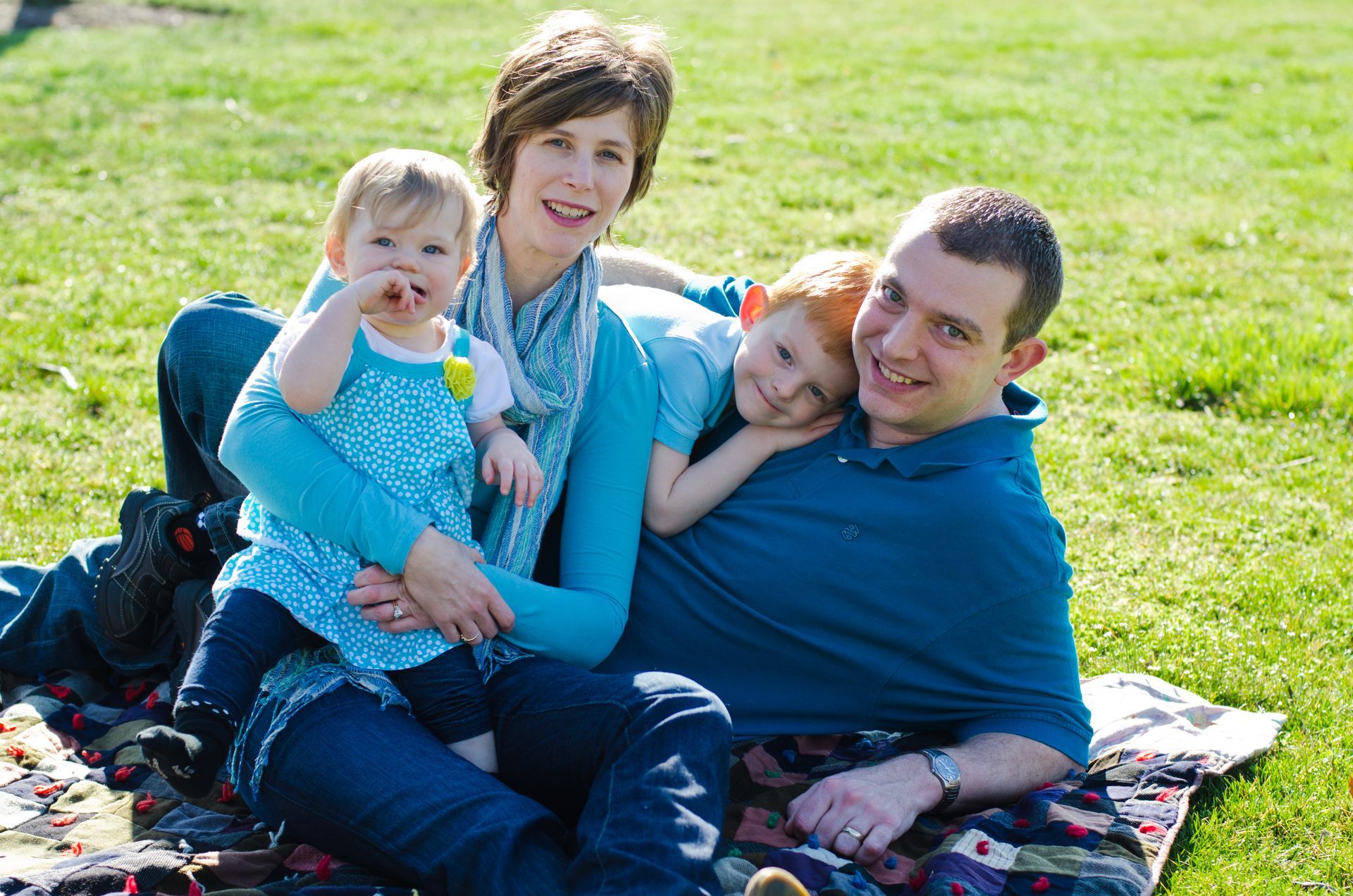
The Call to the Adirondacks
Colin and Lisa didn’t move to the Adirondacks because they were sucked in by the fleeting romanticism of life in the mountains. They were aware of the troubles facing the local economies, a lack of population growth, and the harsh winters.
But God loves the people of the Adirondacks!
Colin and Lisa’s hearts are committed to this region. They did not come to fulfill a temporary dream; they followed God’s clear calling on their lives, and they’re here to stay.
Colin and Lisa first sensed a calling to the area in 2009, when they both independently felt led that they would be moving to the area to start a new kind of church ministry. Although Colin had been exploring various church models that could work in the area, he was awoken by a powerful and moving dream in January 2010 that solidified his personal focus of a
"pure and simple devotion to Christ" (from 2 Corinthians 11:2-3). Later that same year—in August 2010—Colin was awoken again, this time completely consumed by the following phrase:
"Relationship-based communities of Christ-followers who love God, love others, and make disciples across every corner of the Adirondack Mountain region."
That statement has remained unchanged and is the foundational
vision
for this ministry.
2012 was a tumultuous year for Colin and Lisa, when she was diagnosed a second time with breast cancer. But her cancer did not come back. This was an entirely different cancer, so she had effectively been struck by lightning twice. This time, they caught it earlier and it was "only" Stage I. But she still had to go through chemotherapy and multiple surgeries – all while tending to their very active children. Once again, they were sustained by an unshakeable faith, and the love, prayers, and support of amazing friends and family who gathered around them. This season was a refining fire – like a final shakedown to prepare them for their transition. We only get to see a small corner of the picture that God is painting, and there was definitely a bigger picture at play.
Lisa is now cancer-free, and together with Colin, they were excited and ready for the new phase in their journey. They moved to Saranac Lake with their children, Caleb and Grace, in 2013. ADK Mission was founded soon thereafter. As part of the ministry of ADK Mission, Colin also began pastoral service at the Tupper Lake United Community Church in 2014.
Although Colin and Lisa deeply value their
Vineyard
heritage and are incredibly grateful for the generosity of their sending church, ADK Mission is an independent, non-denominational ministry.
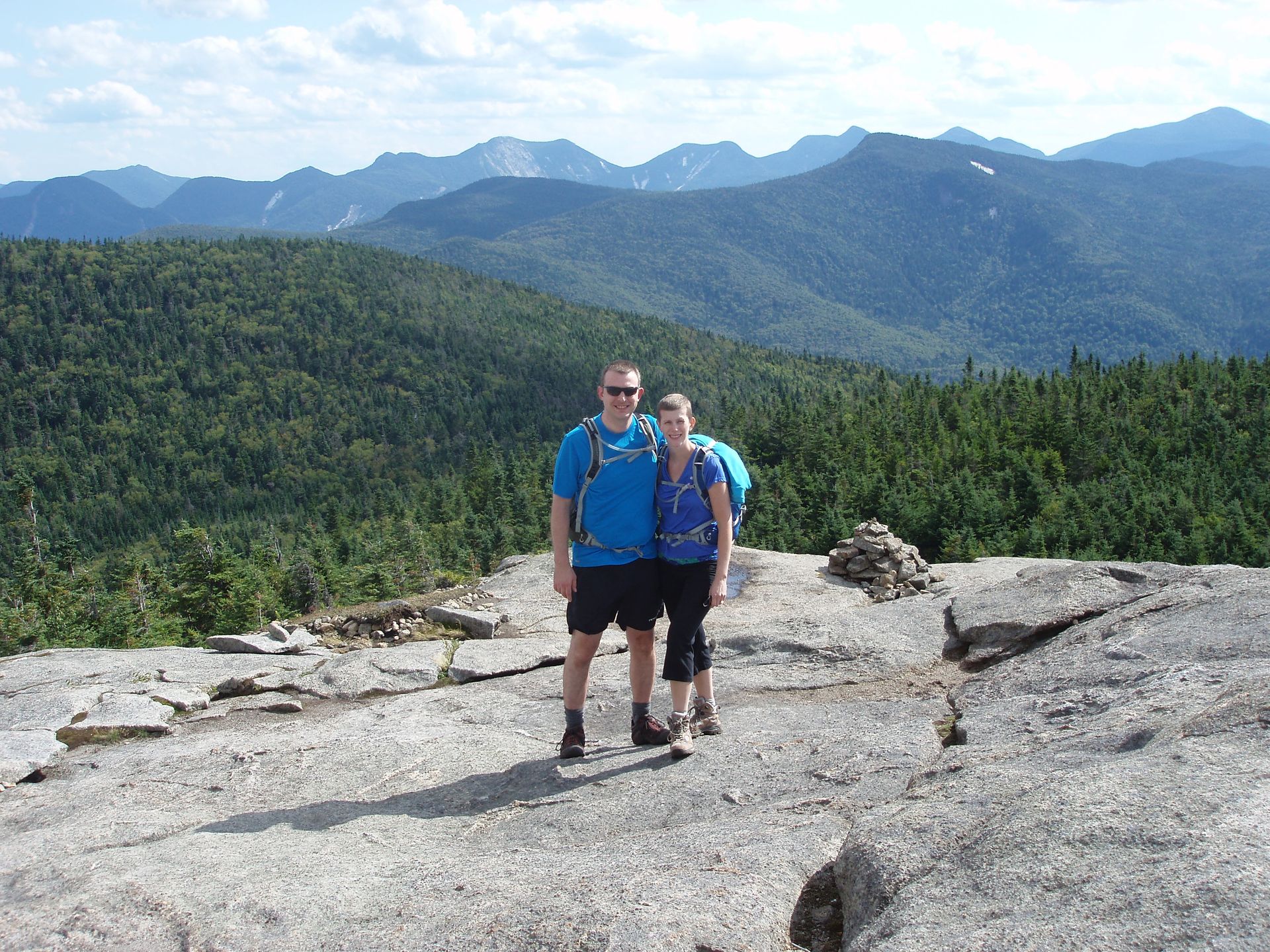
“It is not the critic who counts; not the man who points out how the strong man stumbles, or where the doer of deeds could have done them better. The credit belongs to the man who is actually in the arena, whose face is marred by dust and sweat and blood; who strives valiantly; who errs, who comes short again and again, because there is no effort without error and shortcoming; but who does actually strive to do the deeds; who knows great enthusiasms, the great devotions; who spends himself in a worthy cause; who at the best knows in the end the triumph of high achievement, and who at the worst, if he fails, at least fails while daring greatly, so that his place shall never be with those cold and timid souls who neither know victory nor defeat.”
- President Theodore Roosevelt, 1910
Get in touch with ADK Mission
CONTACT US


